As the world shifts toward a more sustainable future, the role of finance in this transition has never been more critical. A project from ETH Zurich and the University of Zurich, supported by the Swiss Federal Office of Energy and published in February 2025, explored how Swiss private investors perceive and engage with sustainable finance. Weiterlesen
Schlagwortarchiv für: study
Anyone planning to renovate the energy efficiency of their private property must consider many things, but can ultimately make a quick decision about implementation. The decision-making processes are much more difficult for condominium owners: If they want to renovate the parts of their property owned in common, they often have to appease a wide range of interests. A study conducted by the Lucerne University of Applied Sciences and Arts together with partners from the field looked at the financial side of such renovation projects and searched for innovative financing models.
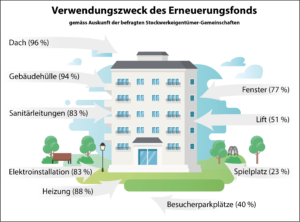
Read the specialised article: „Keeping condominiums up to date„.
Dr. Benedikt Vogel, science journalist, for the Swiss Federal Office of Energy (SFOE).
Image: Benedikt Vogel/Shutterstock




 Noch keine Bewertungen
Noch keine BewertungenReducing energy consumption, through new ways of living and working, efficient mobility behavior or a changed environmental awareness – this is the goal of the SWEET call “Living&Working”. To this end, the two selected consortia SWICE and LANTERN are developing, implementing and testing new approaches, methods and technologies in so-called „Living Labs“. Joëlle Mastelic, professor at the University of Applied Sciences and Arts of Western Switzerland and coordinator of LANTERN, and Marilyne Andersen, professor at EPFL and coordinator of SWICE, tell us where the focus of their research lies and what is distinctive about research in Living Labs. Weiterlesen




 1 Vote(s), Durchschnitt: 5,00
1 Vote(s), Durchschnitt: 5,00CROSSDat – An open energy data platform for Switzerland
How much energy do buildings consume per canton, per municipality? How big is the heating demand? How much electricity did Switzerland consume yesterday? How many Smart Meters are installed per municipality? In terms of data freely available on the energy sector – so called Open Energy Data -, Switzerland has a lot of catching up to do compared to other countries. Why is that? What are the obstacles? Weiterlesen




 Noch keine Bewertungen
Noch keine BewertungenFrom an energy perspective, windows have an opposite effect depending on the time of year: In winter, they allow solar heat into the interior and thus reduce heating demand. In summer, on the other hand, solar heat gain is often undesirable because it can lead to increased cooling demand. Blinds and other adjustable exterior solar shading systems serve to keep summer heat out of interior spaces. Weiterlesen




 Noch keine Bewertungen
Noch keine BewertungenPeople who fuel up with diesel or gasoline sometimes don’t even know that it contains biofuel. This is because small portions of biofuel do not have to be declared. Biogenic fuels account for almost 7% (diesel) and nearly 3% (gasoline) of the fuel sold in Switzerland. In the coming years, they could make a growing contribution to reducing greenhouse gas emissions in the mobility sector. This is thanks to their biogenic origin, but also to efficiency improvements in adapted engines. This is shown in a new study by a team of researchers from the Swiss Federal Institute of Technology Zurich (ETHZ) and the Swiss Federal Laboratories for Materials Testing and Research (Empa). Weiterlesen




 Noch keine Bewertungen
Noch keine BewertungenWie ist der Stand der Cyber-Security in der Schweizer Stromversorgung und wie sieht die Strategie für ihre digitale Zukunft aus?
Ende 2018 befasste sich das Bundesamt für Energie (BFE) in einem Dialogpapier mit der Digitalisierung im Energiesektor. Dieses identifizierte Cyber-Security als ein fundamentales Zukunftsthema für die nachhaltige Weiterentwicklung der Digitalisierung im Energiesektor.
Das Digital Innovation Office (DO) des BFE arbeitet an Grundlagen im Bereich Cyber, aus denen allfällige Massnahmen für eine zukünftig digitale und weiterhin sichere Stromversorgung abgeleitet werden können. Dazu gehört auch die Cyber-Security-Studie, deren Ergebnisse nun vorliegen.




 2 Vote(s), Durchschnitt: 5,00
2 Vote(s), Durchschnitt: 5,00Kontakt
Bundesamt für Energie
Pulverstrasse 13
3063 Ittigen
Postadresse:
Bundesamt für Energie
3003 Bern
Telefonnummern:
Hauszentrale +41 58 462 56 11
Pressestelle +41 58 460 81 52
Newsletter
Sitemap
 Medienmitteilungen des BFE
Medienmitteilungen des BFE
- Ein Fehler ist aufgetreten – der Feed funktioniert zurzeit nicht. Versuchen Sie es später noch einmal.
 Shutterstock
Shutterstock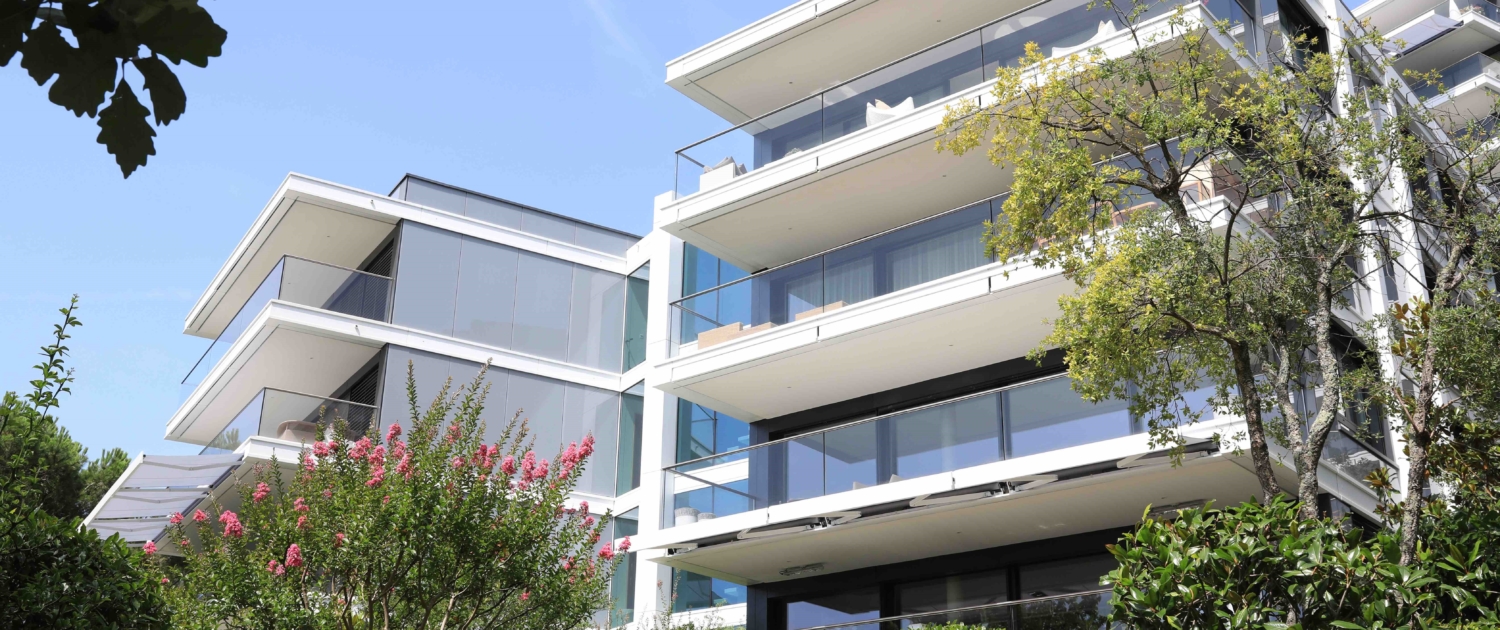 Shutterstock
Shutterstock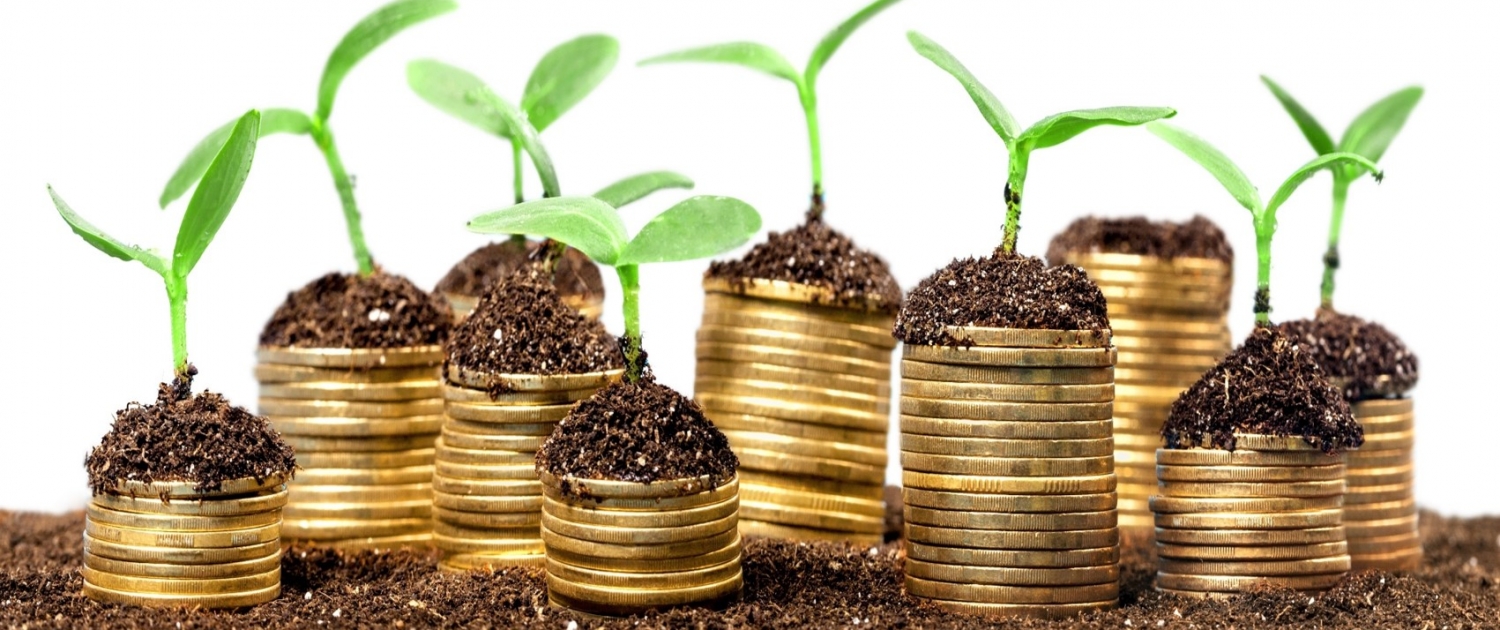 Shutterstock
Shutterstock shutterstock
shutterstock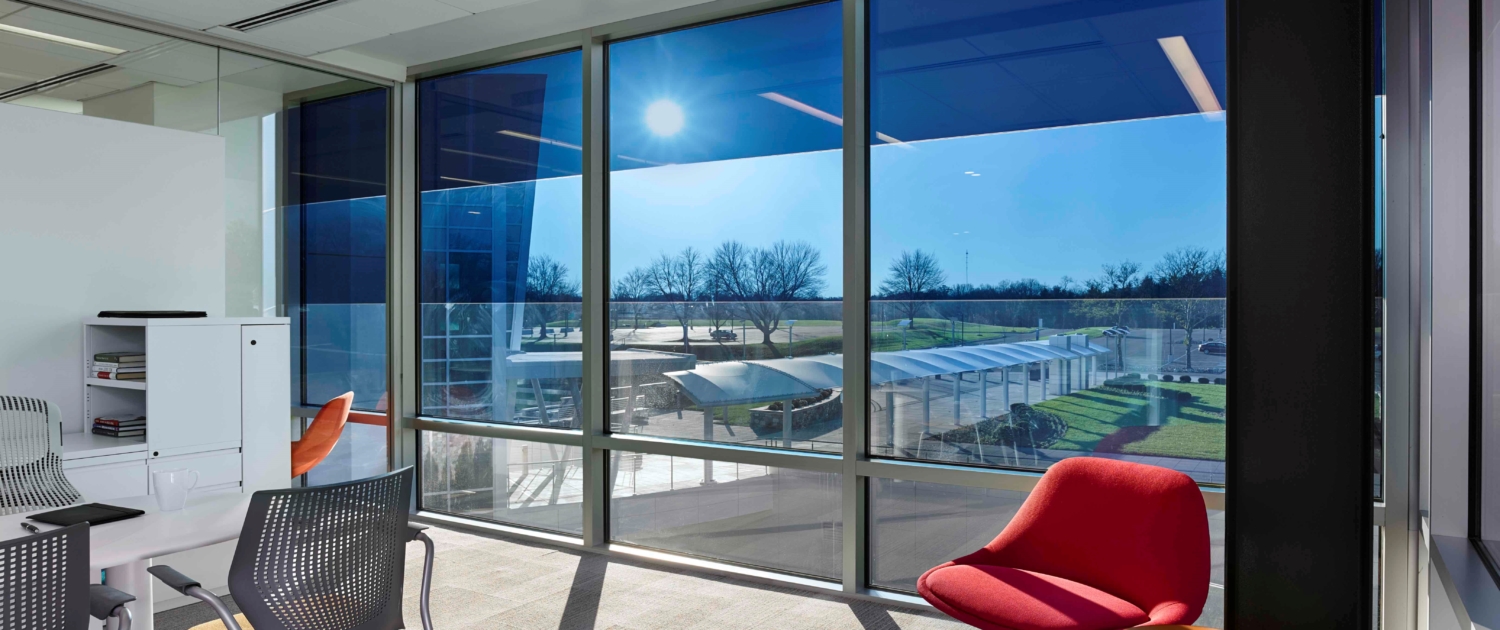 Foto: SageGlass/Jeffrey Totaro
Foto: SageGlass/Jeffrey Totaro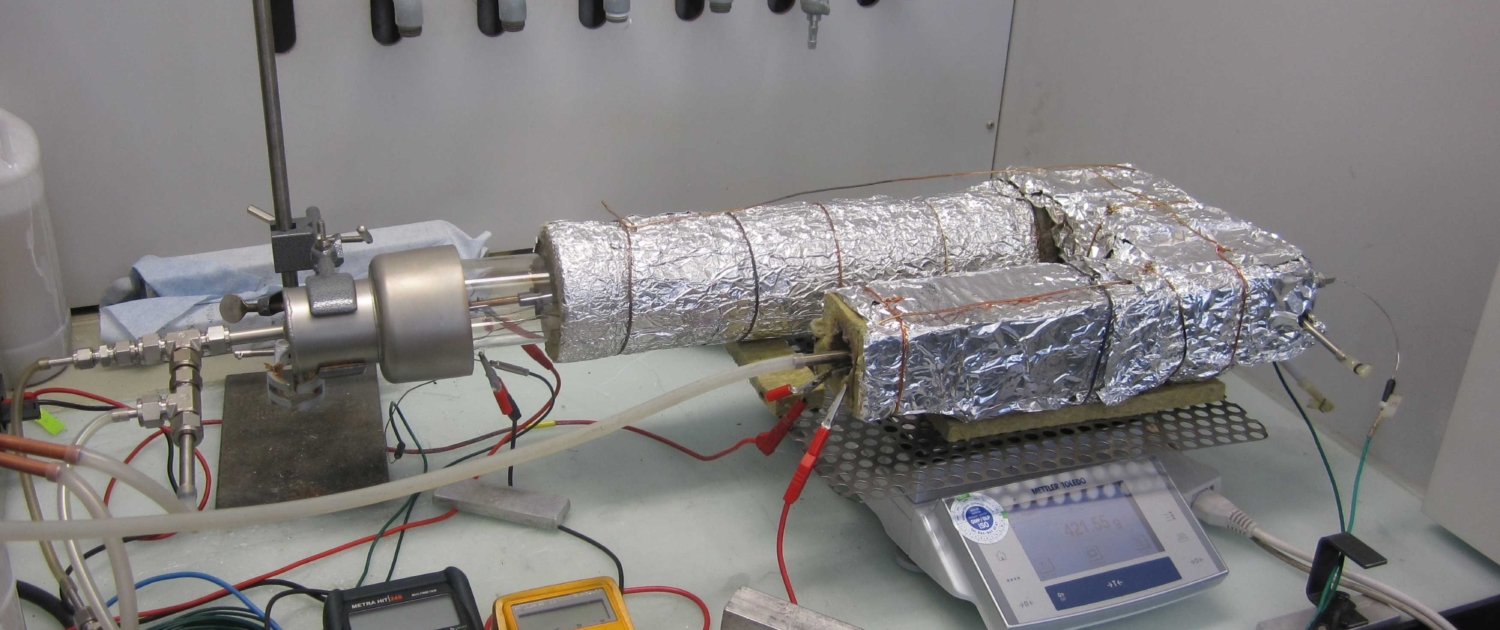 Benedikt Vogel
Benedikt Vogel ©Shutterstock
©Shutterstock